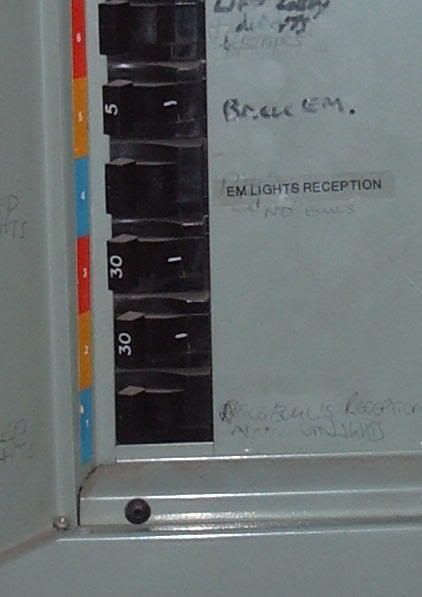I'm about to replace the heat exchanger on a friend's shower this weekend, but I noticed there is only a 30 amp MCB on a 9.5kW shower. Apparently it trips occasionally (every few months). The cable is big enough - it's the right size, and the shower switch is rated to 45 amps.
So I checked my shower (in a new house). I have a 10.5kW shower and a 40 amp MCB.
Both these MCBs seem too small - why aren't they tripping?
Are MCBs easy to change, or should I get an electrician?
(I'm guessing the one in my friend's house should be changed given that it trips occasionally)
Thanks for any help.
So I checked my shower (in a new house). I have a 10.5kW shower and a 40 amp MCB.
Both these MCBs seem too small - why aren't they tripping?
Are MCBs easy to change, or should I get an electrician?
(I'm guessing the one in my friend's house should be changed given that it trips occasionally)
Thanks for any help.


